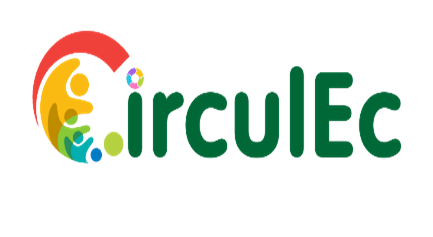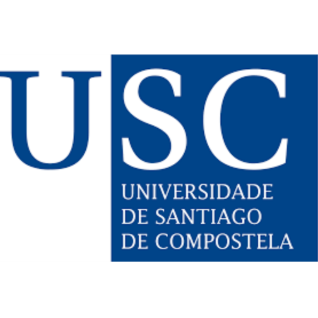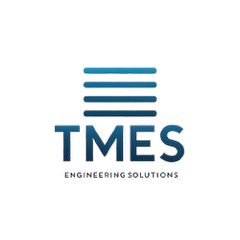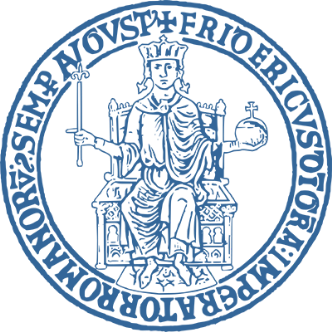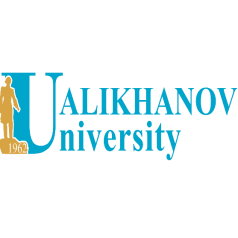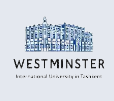The project is aimed to build the capacity of the human capital in the HEIs of Central Asian countries on a circular economy in order to provide staff, students and wider public with skills and competences aligned to the needs of local labour markets and environmental challenges CA countries faces.
Project will update current disciplines that HEIs have in the circular economy adapted to the needs of each country (KZ, TKM, TJ, UZ).
Objective: to develop the educational capacity of higher education institutions (HEIs) and cultivate students' understanding of circular economy principles.
Project tasks:
Integration of circular economy concepts into coursework: These courses can be updated to include content on circular economy, such as case studies and examples of circular economic practices.
Partnership with industry and community organizations: Universities will collaborate with businesses and organizations implementing circular economy practices to create real-world learning opportunities for students. This will include internships, capstone projects, or research collaborations.
Hosting events and workshops: Universities will organize events and workshops on circular economy, such as lectures, panel discussions, or hackathons, to engage students and faculty in this topic.
Working group:
• Koichubayev Alexandr Sergeevich, Senior lecturer at the Department of Business and Management, Coordinator (supervisor) of the project.
• Orynbasarova Aizhan Abeukhanovna, Head of the Department of Business and Management.
• Baygazinov Zhanat Abylkanovich, Head of the Department of Applied Biology.
• Marat Betimbaevich Moldazhanov, Senior lecturer at the Department of Business and Management.
Nauryzbayev Bauyrzhan Amangazyly, Senior lecturer at the Department of Information Technology Sciences.
• Kasymkhanova Gulnar Muratkanovna, Chief Accountant.
• Zhuk Anastasia Ivanovna, specialist of the Department of International Cooperation.
Coordinator: Alexandr Koichubayev, koichubayev.a@abu.edu.kz
Project partners:
«Funded by the European Union. Views and opinions expressed are however those of the author(s) only and do not necessarily reflect those of the European Union or the European Education and Culture Executive Agency (EACEA). Neither the European Union nor EACEA can be held responsible for them.»


 Traditions. Values. Recognition
Traditions. Values. Recognition
